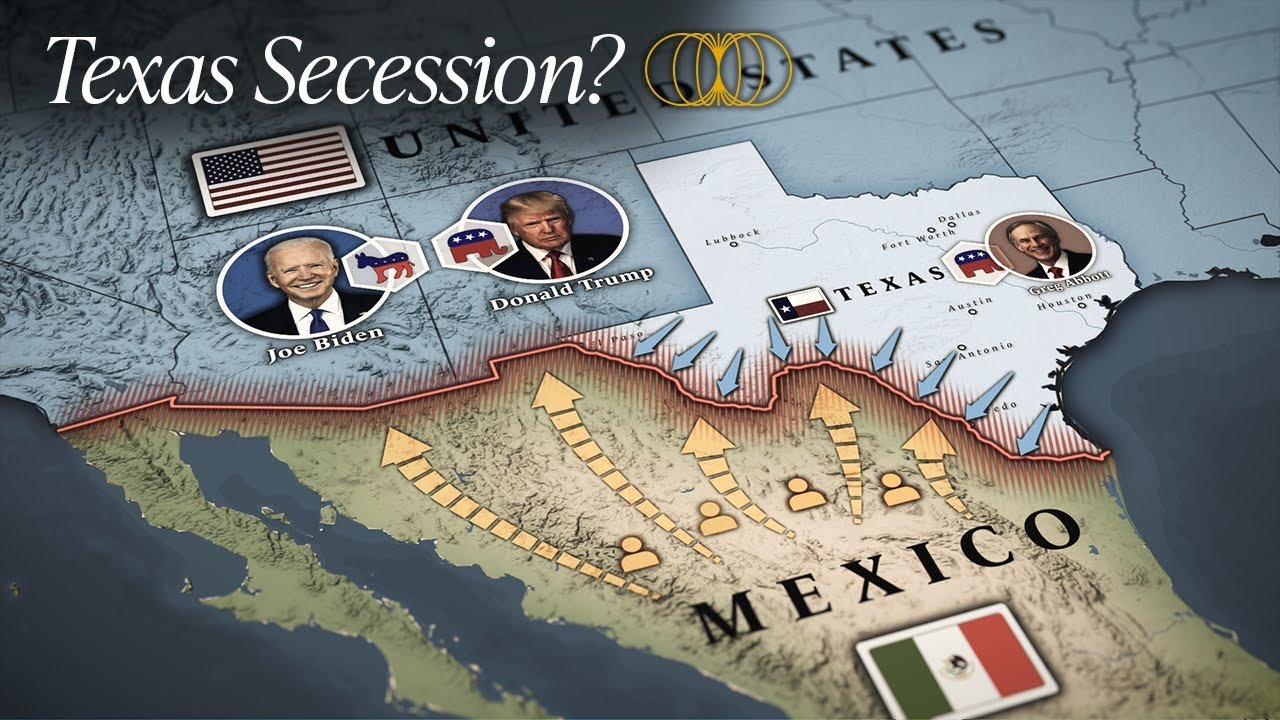- The dispute is centered on Texas’s response to what it perceives as a failure by the federal government to protect the state from an influx of undocumented immigrants.
- Texas has implemented several measures, including Operation Lone Star, which involves the deployment of the Texas National Guard and the construction of barriers along the Rio Grande.
- The Biden Administration has challenged Texas’s actions, leading to a series of legal battles over the destruction of barriers and the constitutionality of Texas’s immigration enforcement measures.
- A critical incident involving the drowning of a woman and her two children in the Rio Grande has intensified the dispute, with the federal government criticizing Texas’s obstruction of federal agents.
- Legal arguments hinge on interpretations of the U.S. Constitution regarding states’ rights to defend their borders and the federal government’s duty to manage immigration.
- The conflict has broader implications for national politics, potentially affecting voter trust and influencing the upcoming election campaigns.
- There is a historical and legal context to the debate over a state’s right to secede or independently manage immigration policy, referencing the Supreme Court’s ruling in Texas v. White and other precedents.
- The situation also raises concerns about the political motivations behind the escalation, with suggestions that it may serve to exacerbate tensions and draw media attention to immigration issues.
- This conflict is seen as unlikely to lead to Texas declaring independence or a new secession war but is expected to continue generating political tension and potentially influencing legislative negotiations on immigration reform.
“Channel tackling global issues from the fields of geopolitics, international relations, economy, technology, which shape the world of today.”
Official website: patreon.com/gtbt
Original video here.
This summary has been generated by AI.

Leave a Reply